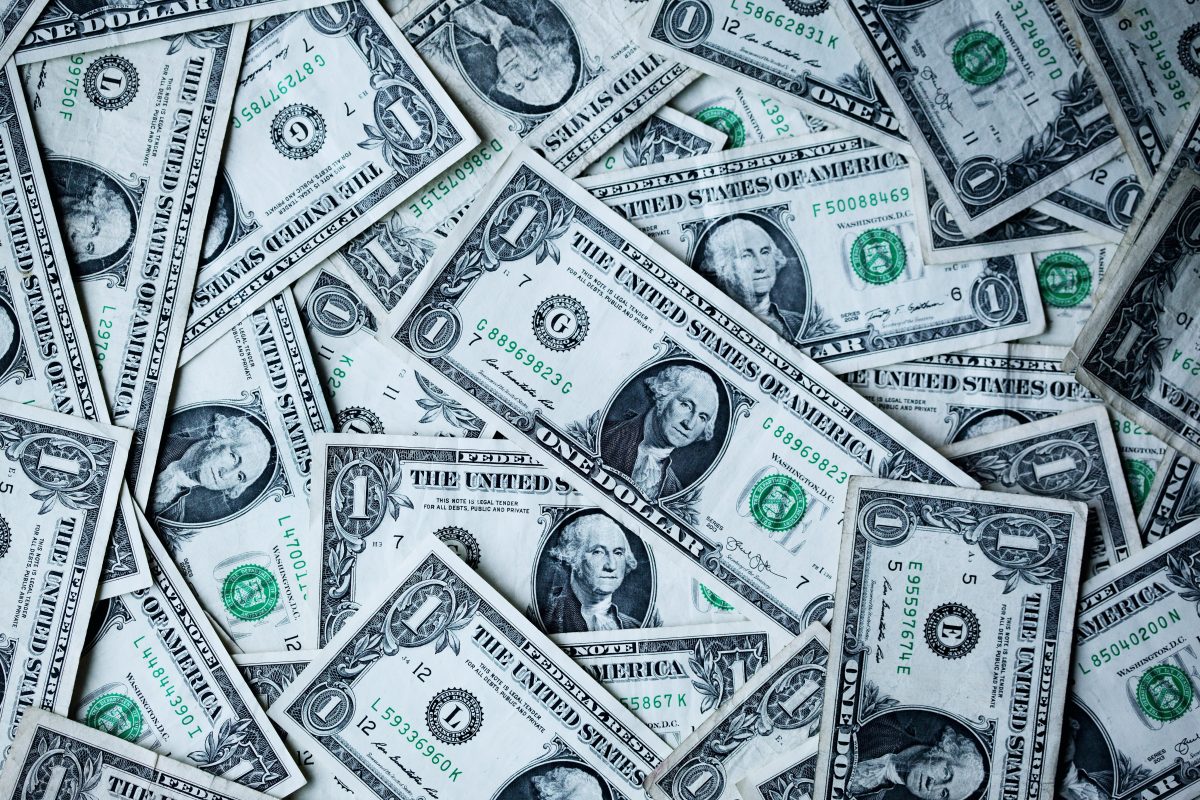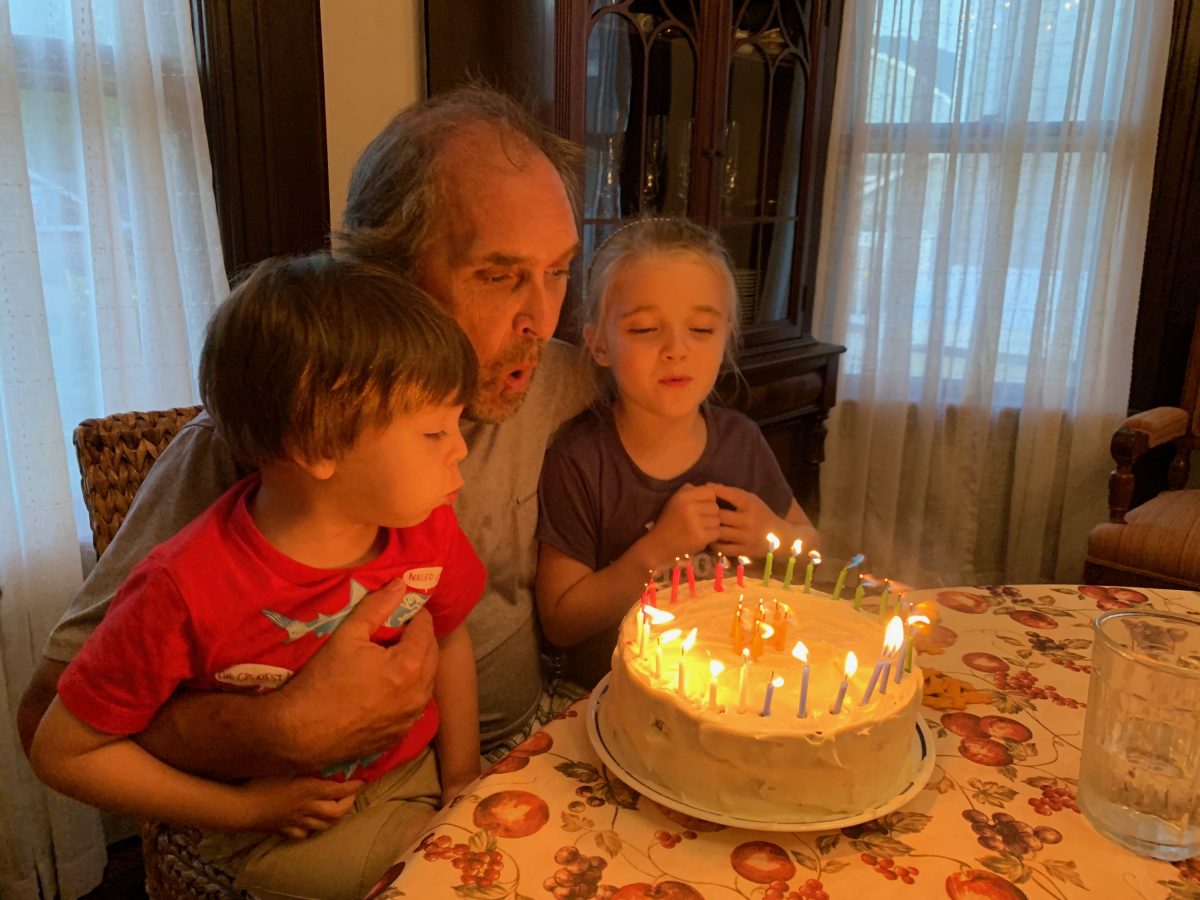My call for a doctor’s appointment was on hold 15 or 20 minutes. Every 60 seconds or so a recording told me my call was important to them and … you know the rest.
The only blessing was I didn’t have to listen to medical ads, too. Those are the sole content of the waiting room TV.
There is a reason for this: doctors don’t practice medicine any more; they practice capitalism. Capitalism is the practice of making money; medicine is the practice of diagnosing and treating disease. The two used to coexist, but more and more they conflict.
That’s because medicine has been swallowed whole by insurance companies whose job is to lower medical costs, so they – insurance companies – can make more profits.
Well, duh! Right?
Except the doctor who used to need one office worker now needs many – just to deal with insurance companies’ efficiencies – thereby cutting the doctor’s income.
It’s called “income shifting” – in this case from doctor to insurance company. Oh, and increased co-pays by the patient.
The least valued person in the chain of capitalism in almost every field, from retail to medicine to law, is the customer, the person to whom the robot says: “your call is important to us”.
There are two components that once made capitalism successful for everyone involved, from innovator to employee to supplier to the final customer: competition and innovation.
Mankind is essentially competitive. Whether it was a caveman finding the best cave or Tom Brady firing TD passes, we compete with each other. Over time, we’ve tempered competition by forming tribes, cultures and countries. Even there, though, competition reigns. Thus wars, from the Crusades to the current trade wars.
The US has thrived on competition by harnessing the inherent strength of capitalism: innovation. Thus advances from the six-shooter to the aircraft carrier, from leather chaps to Dior gowns. It’s all about being faster, bigger, stronger, smarter, funnier, better looking… than the competition. The US has more inventions than most other countries combined, a major reason we have outstripped other countries.
But the US brand of capitalism has been sidetracked in the last few decades because of its sole focus on “increasing shareholder value”.
Some people attribute the idea to economist Milton Friedman who, in a landmark 1970 NY Times piece said CEO’s who pursued a goal other than making money were “unwitting puppets of the intellectual forces that have been undermining the basis of a free society these past decades.”
Some say it was when Henry Ford was starting his car company and paid for transmissions made by the Dodge Brothers with stock. Ford’s success inspired the Dodge Brothers to start their own car company, funding it with Ford stock dividends. Ford responded to the new competition by cutting dividends. The Dodge Brothers sued and lost, because Ford claimed he was using the dividends to lower costs, thereby selling more cars, thereby “increasing shareholder value”.
Raw capitalism is the law of the jungle. The lion wins every time. But capitalism’s strength is also its weakness, because, if the lion – the biggest company – wins every time, there is less innovation and competition, so capitalism stagnates. Think Comcast, Amazon, Facebook, Google, etc…
Two things are causing our capitalism to stagnate.
One is a lack of shared morality. We used to frown on cheating, lying, stealing, etc. We tried to codify those beliefs into laws, because we learned that, without regulation the lions win. In 1901, for example, Theodore Roosevelt tamed Rockefeller’s Standard Oil by outlawing monopolies. But in recent decades, new kinds of monopolies have circumvented Roosevelt’s law.
Think Comcast, Amazon Facebook, Google, etc. again.
For every new regulation there’s a new loophole. It turns out we can’t regulate morality, even if we still agreed on what is moral.
The second is the focus on shareholders. It devalues everyone else, from employee to supplier to the final customer.
Socialism, which thrives on cooperation vs competition and on constancy vs innovation is starting to looking pretty good to those subsumed by the corporate oligarchies.
But socialism did not trigger Ford’s assembly line or The Wright Brothers’ airplane or the moon landing or Jobs’ iPhone or myriad other world-affecting innovations.
Capitalism needs fixing, not replacement.
In a hearing last April California Rep. Katie Porter asked JP Morgan Chase CEO Jamie Dimon how one of his employees could survive on the salary he paid her. He didn’t have an answer.
Four months later, 181 CEO’s, including Jamie Dimon, came up with one. They issued a statement saying corporations should benefit all stakeholders – customers, employees, suppliers, and communities as well as shareholders.
Innovative, huh.



